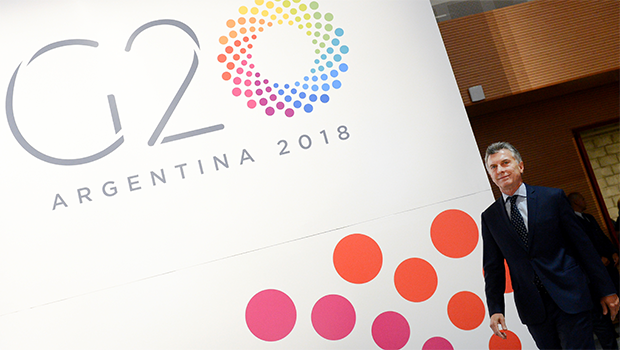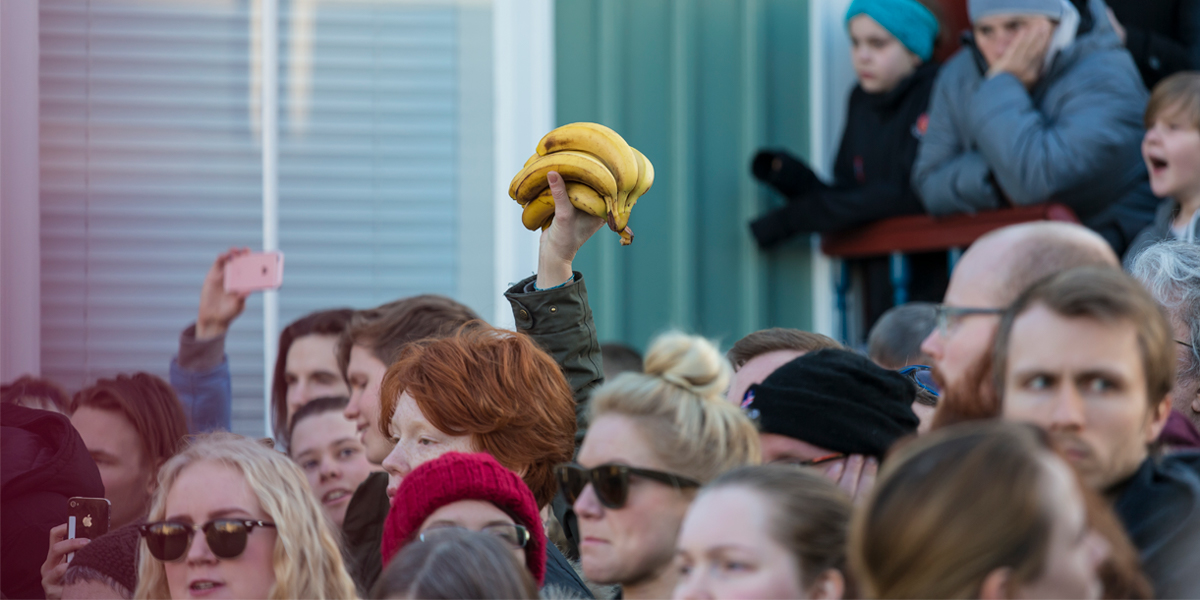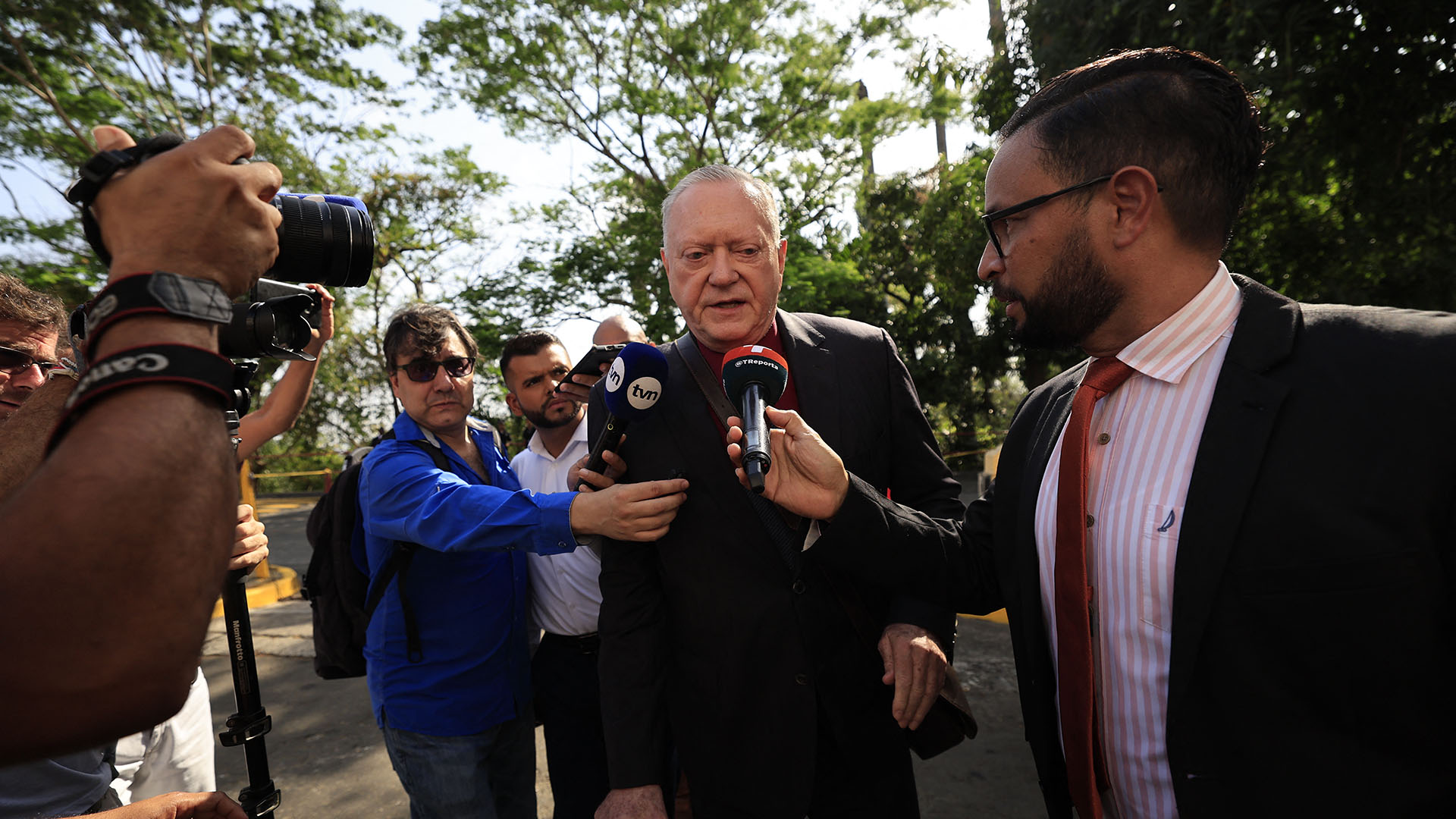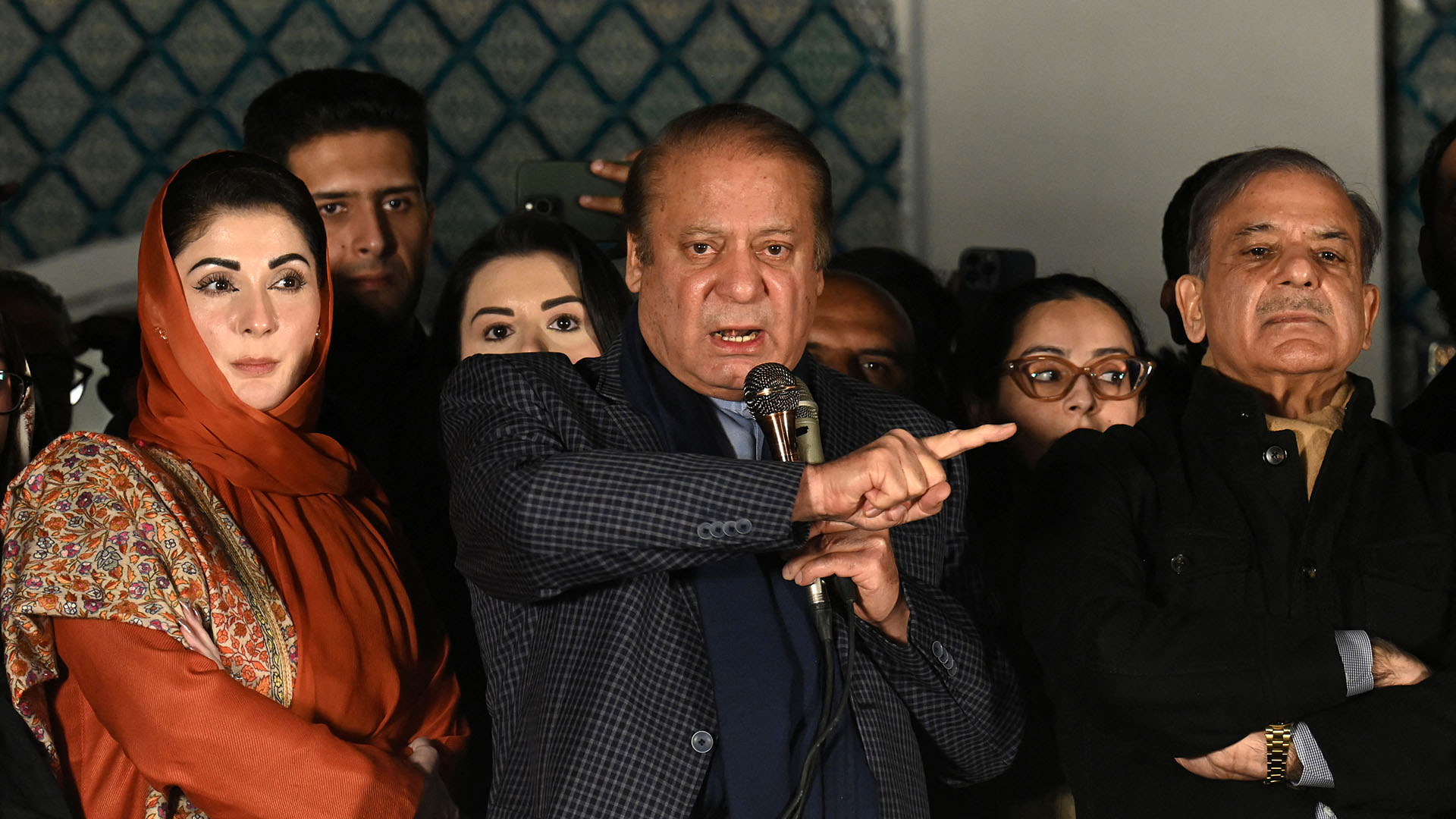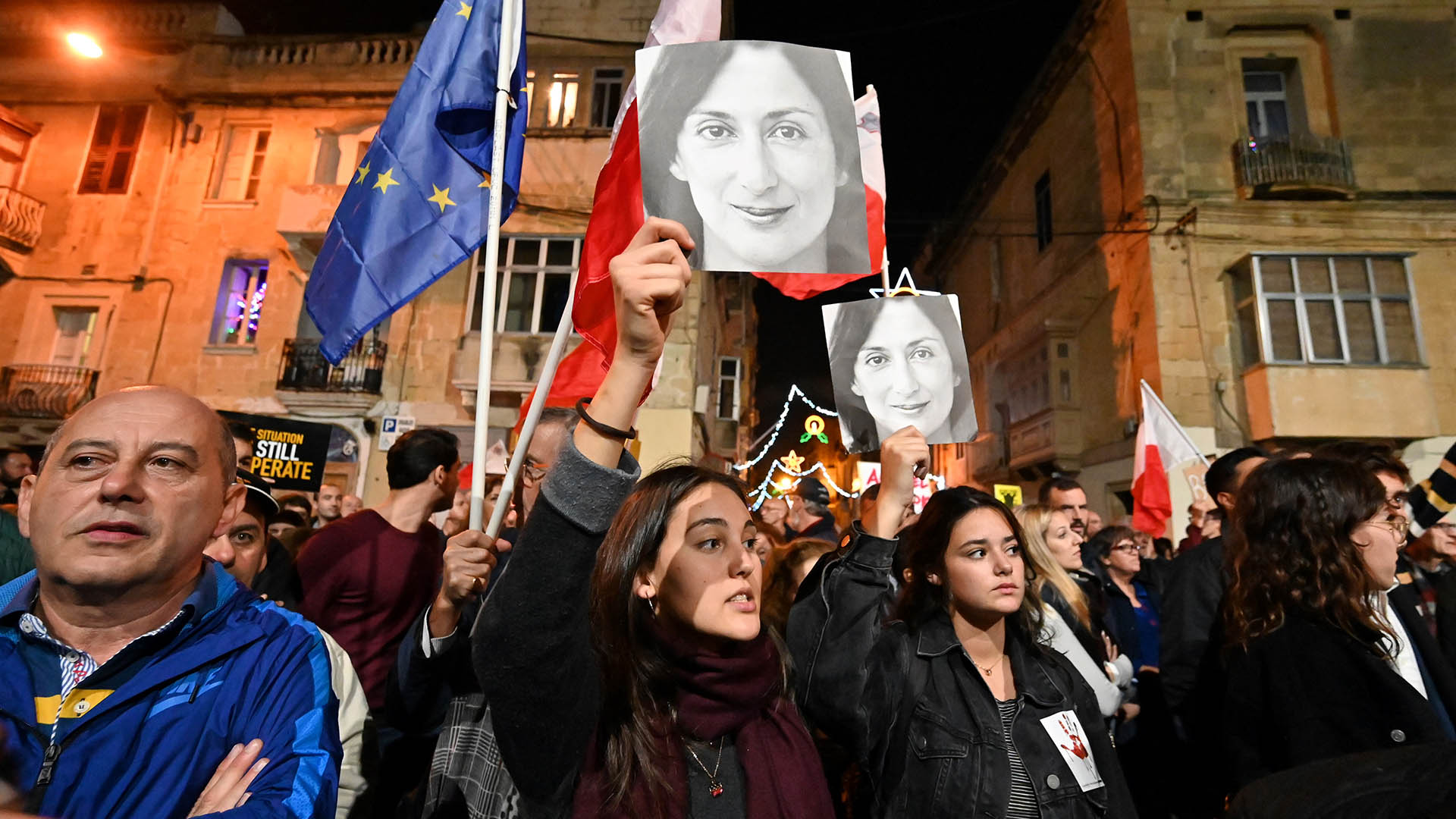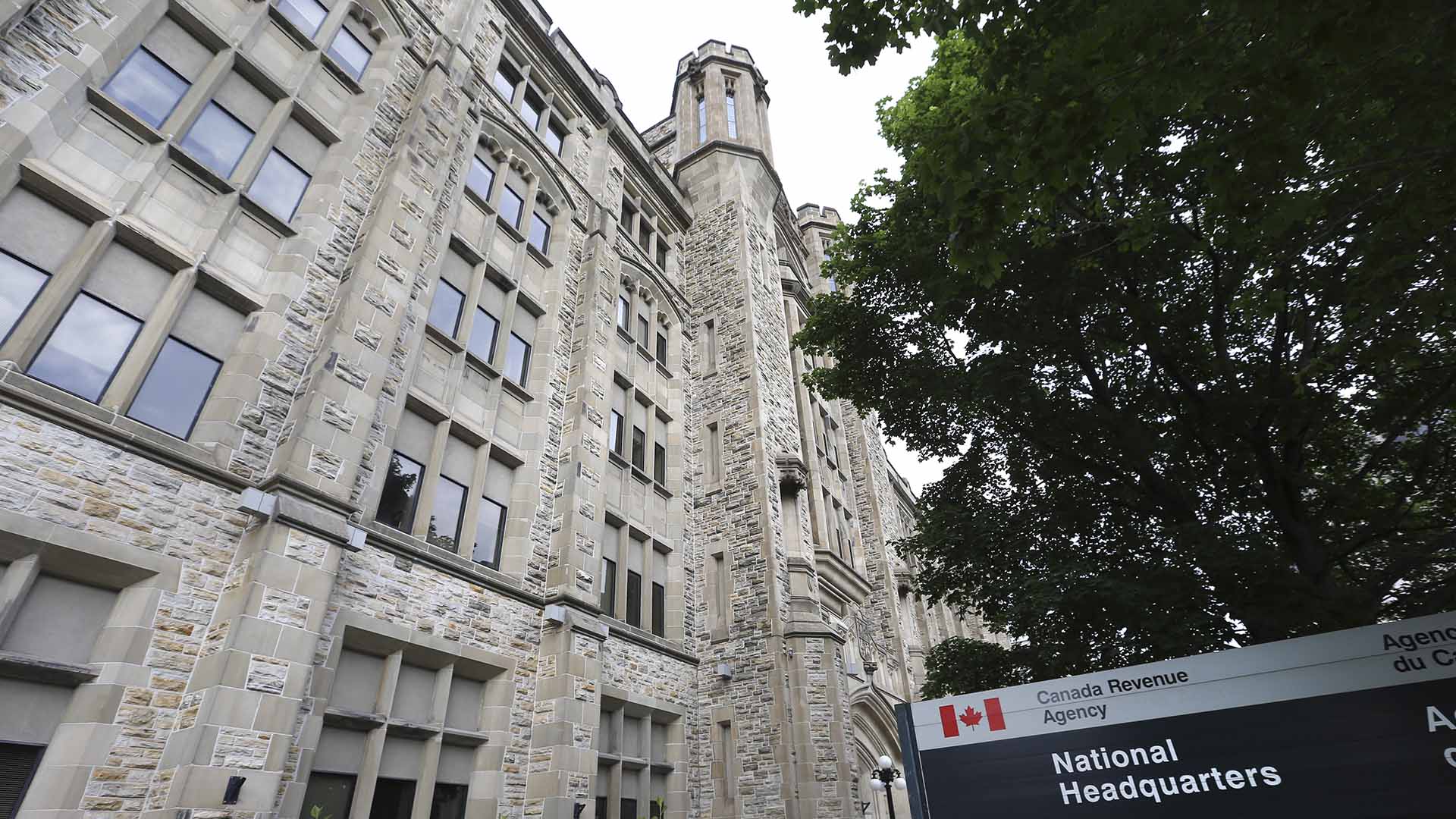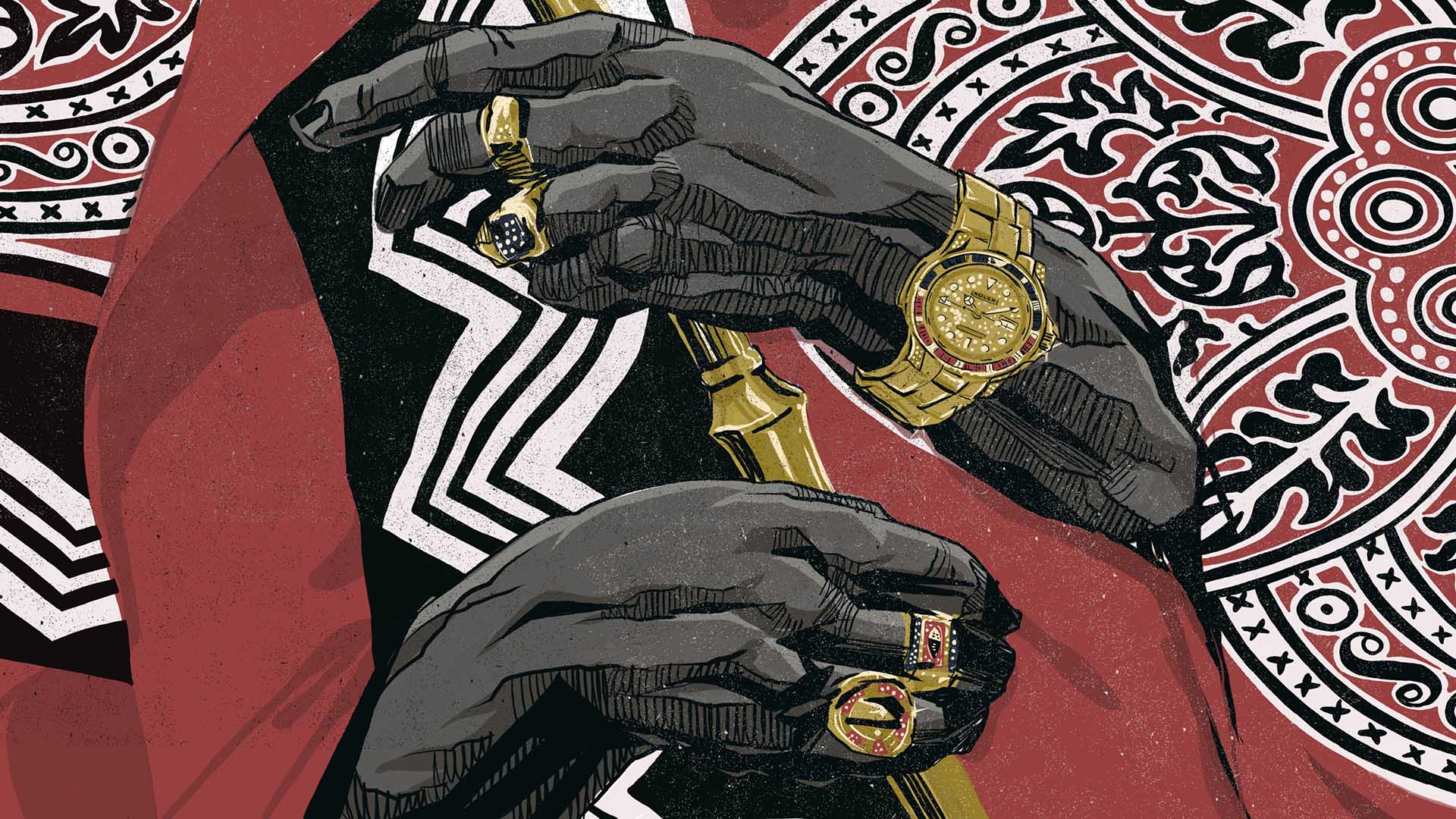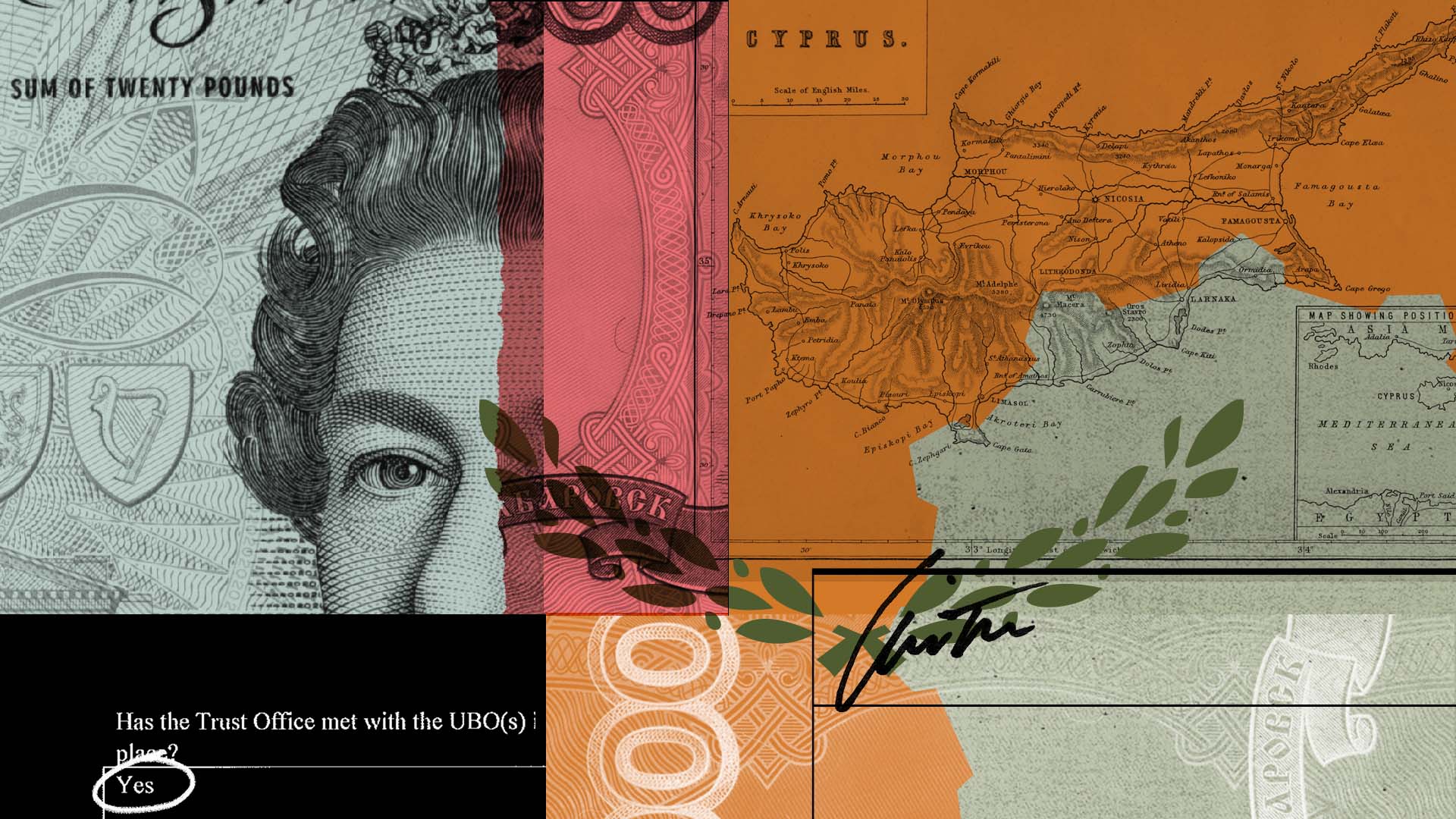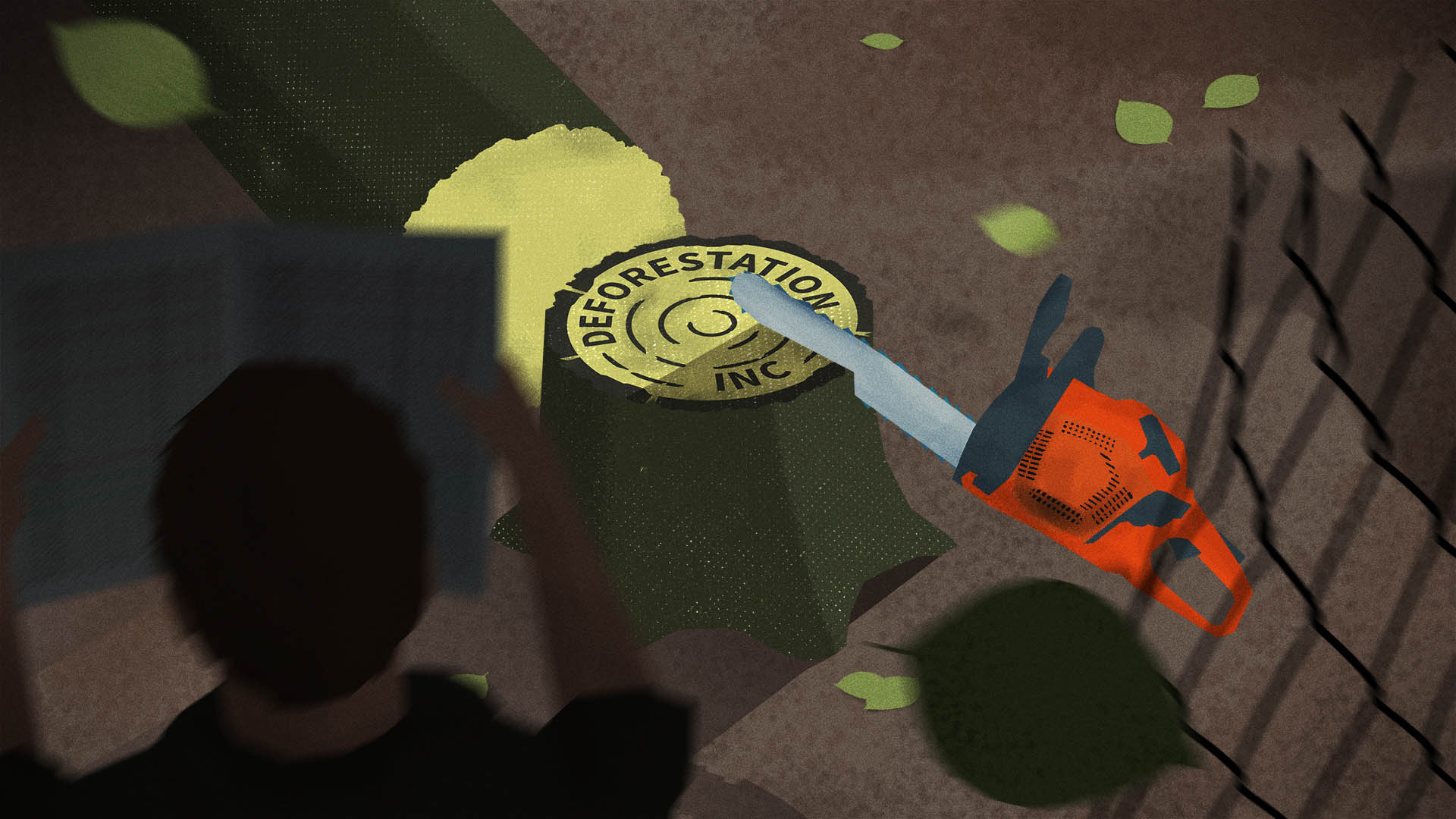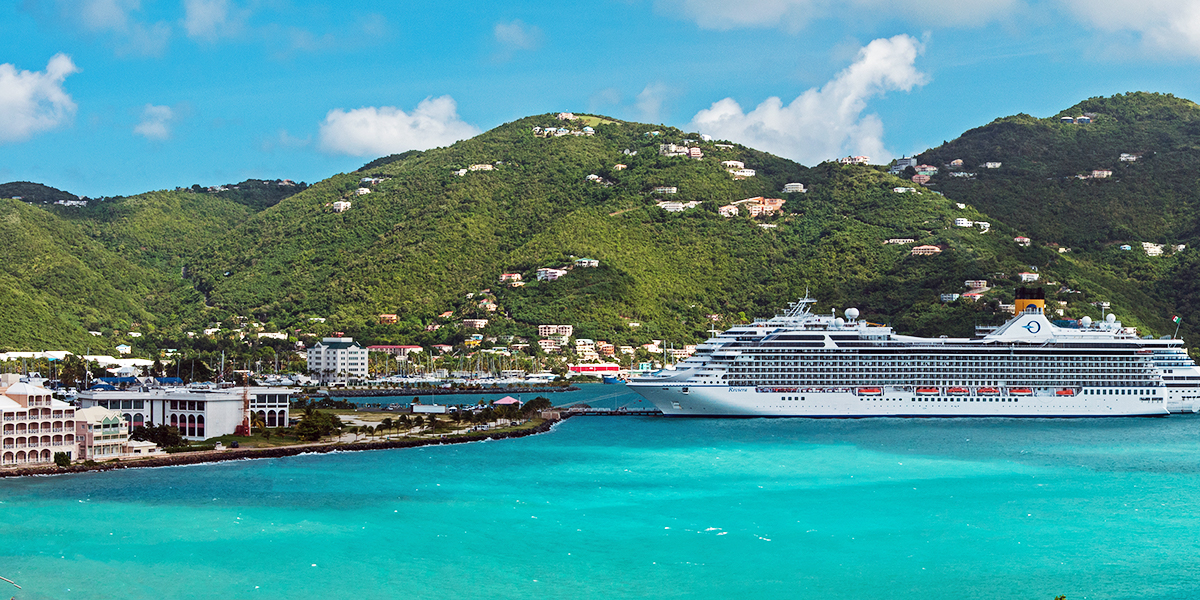
The United Kingdom is to force its overseas territories, including the Cayman Islands, British Virgin Islands and other well-known corporate secrecy havens, to reveal the names of the ultimate owners behind companies in these remote locations.
The surprise move, which until Tuesday had not been supported by prime minister Theresa May’s government, is a victory for corporate transparency campaigners who have long claimed that offshore secrecy encourages and enables corruption, tax evasion, money laundering and other crimes around the world.
It comes two years after the ICIJ’s Panama Papers investigation showed one in every two companies found in Mossack Fonseca’s files — the controversial law firm at heart of the scandal — was incorporated in the BVI. Mossack Fonseca closed down in March.
Duncan Hames, of Transparency International UK, said “these jurisdictions have long been the Achilles’ heel of our defenses against dirty money.”
Global Witness, a nonprofit campaigner against corruption, said the U.K.’s intervention was “a huge win in the fight against corruption tax dodging and money laundering.”
Many campaigners credited investigative work by ICIJ, including the Panama Papers and the Paradise Papers, and its partners for highlighting controversial practices in the offshore world.
Andrew Mitchell, a Conservative member of parliament who proposed the disclosure rule alongside Labour MP Margaret Hodge, rejected suggestions that it was sufficient for overseas territories to maintain confidential registers of company ownership. He said this “misses the point.”
“[The] point is made eloquently but passively by the Panama and Paradise papers: it is only by openness and scrutiny — by allowing charities, NGOs and the media to join up the dots — that we can expose this dirty money and the people standing behind it, and closed registers do not begin to allow us to do that.”
The U.K. measure, which will force overseas territories to make public the owners of all their registered companies by the end of 2020, was set out in a proposed amendment to a government anti-money laundering bill, which is before parliament this week.
The proposal had not been supported by ministers until it became apparent that they were likely to be defeated in a vote. Foreign Office minister Alan Duncan told MPs the government had “listened to the strength of feeling in the House [of Commons].”
Those representing the corporate services industry in some U.K. overseas territories reacted angrily to the news. Robert Briant, acting chair of BVI Finance, said the U.K. had “shot itself in the foot” and argued that it could call into question the viability of the BVI’s financial industry.
Despite having a population of less than 31,000, the BVI currently has about 417,000 active companies on its register. They hold assets around the world worth an estimated $1.5 trillion.
Earlier today, Lorna Smith, executive director of BVI Finance, said the proposal “smacks of colonialism.”
The overseas territories are self-governing former British colonies, setting most of their own laws. However, they maintain strong constitutional links to the U.K.
Britain has only rarely imposed its authority on the affairs of its overseas territories. It used its interventionist powers — known as “orders in council” — to outlaw the death penalty, and decriminalized homosexual acts in its overseas territories in 1991 and 2000.
The U.K.’s 14 overseas territories also include Anguilla, Gibraltar, Bermuda, Montserrat and the Turks & Caicos Islands. Their constitutional relationship with the U.K. is slightly different to that of the Crown Dependencies of Jersey, Guernsey and the Isle of Man — none of which will be subject to the new rules.
